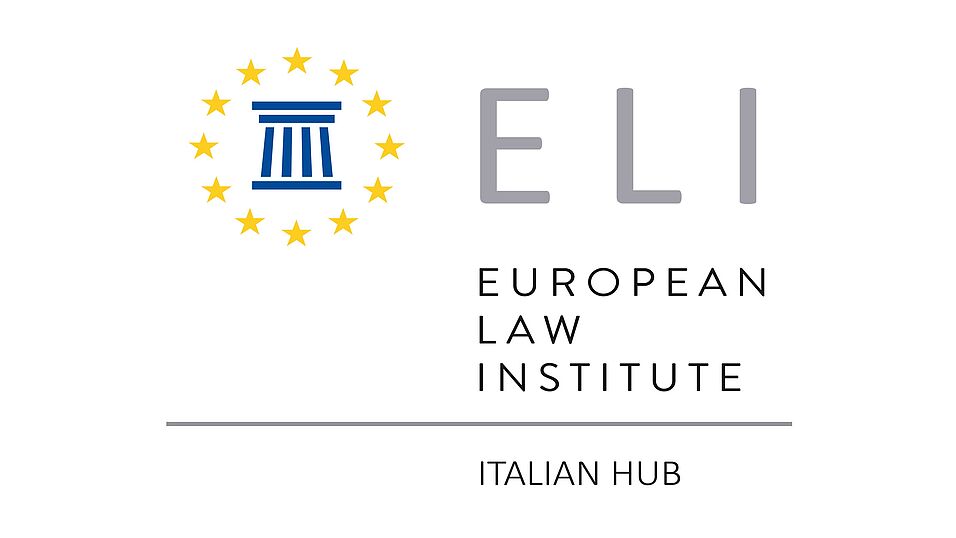Prominent academics gathered together to discuss whether the scenario we are experiencing in Europe justifies the taxes introduced by Regulation (EU) 2022/1854 of 6 October 2022 on an emergency intervention to address high energy prices on Union companies and permanent establishments with activities in the crude petroleum, natural gas, coal and refinery sectors.
The discussion, led by PhD candidates under the scientific coordination of Professor Reuven Avi-Yonah (Michigan), Yoseph Edrey (Haifa), Dario Stevanato (Trieste), Fabrizio Amatucci (Naples ‘Federico II’) and Pietro Selicato (Rome, ‘La Sapienza’) addressed the consistency of such a tax with the Treaty on the Functioning of the European Union (TFEU), and the possibility to making it permanent, should the situation in Eastern Europe worsen.
Professor Marco Greggi (Ferrara), an organiser of the discussion, observed that this is the first case of a tax being introduced by the EU under article 122 TFEU and its retroactive application might actually trigger several issues under both domestic and European tax law: five cases are already pending in before the Court of Justice of the European Union (CJEU) (the most significant having been filed by Exxon Mobil). In this respect, a common consensus was reached in the audience on the need to draw a distinction, from a conceptual standpoint, between ‘windfall profit taxes’ and taxes on ‘extra profits’ with the latter being stable and made in some respect permanent and the first being due to be repealed once the distress situation ends.
More than 40 students attended the event, alongside local stakeholders.

